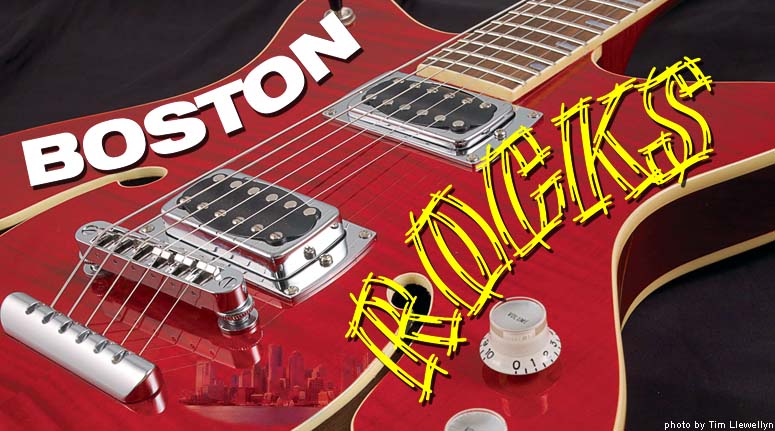A post from one of my Facebook friends got my attention the other day. He was sharing a new item about something called “Facebook depression” and if his comment is any indication, I don’t think he was buying it:
“Really? Facebook depression? Pardon me but ‘Assholes!'”
Mood music:
[youtube http://www.youtube.com/watch?v=b93qfTYbROg&fs=1&hl=en_US&rel=0]
Here’s a snippet from the article, which appeared on WCVB Channel 5’s news site:
According to a recent poll, more than 20 percent of teens log on to their favorite social media site more than 10 times a day. Now a new report from the American Academy of Pediatrics warns social media can lead teens to sleeplessness and depression. The report urges pediatricians to plug in to potential problems.
The suicides of 17-year-old Phoebe Prince and 11-year-old Carl Walker put a new spotlight on bullying and uncovered a dark side of social media, where insults and taunting are inescapable. While those cases may be extreme, a new report warns parents and doctors that sites like Facebook can lead to depression in teens.
“Facebook seems to be an amplifier for those feelings,” said Dr. Gwenn O’Keefe, the report’s author. “They’ll think ‘People don’t like me, I’m not pretty or studly. How come I only have 100 friends and she has 300?’ Those thoughts are going to amplify that sense of social isolation and make it get worse,” said O’Keefe.
Take it from someone who’s been through his share of depression: There’s something to this notion of Facebook depression.
My biggest bouts of depression — back when I was really out of control — came well before Facebook and Twitter came along. But today, when I have the more minor episodes of depression (for me, it’s a chronic side-effect of OCD), I totally feel the power something like Facebook has over my mood.
I touched on it in an earlier post called “Facebook Un-friend Syndrome” but the focus there was largely on how the friend count can become an OCD trigger.
Since I write about technology for a living, I’ve learned a lot about the psychological side of social media. The bad guys of cyberspace didn’t need a college degree to know that with the right headline, you can easily dupe a person into clicking on a malicious link that’ll leave your computer infected.
People are duped with fake news headlines, especially the gossipy kind. But they’re also duped — all the time on Facebook — by messages and links that promise to show you who exactly has un-friended you or who said what about your sexual prowess (or lack of it).
Meanwhile, a lot of people have gotten so hooked on things like Facebook and Twitter that these places have become more than just a computer activity — they have become part of the real world.
That’s especially the case for younger people who don’t recall a time before social networks existed.
The notion that things that go down on Facebook can leave a kid depressed — even suicidal — is very plausible against this backdrop.
If there were no Facebook, many of these people would probably go into depressions about other things. But I think this is a legitimate issue for the medical community to chew on — for adults as well as kids.
I have found — for me personally — that it’s good to have a code of conduct for what I can and can’t do on social networks. It’s not a silver bullet by any stretch. But it helps me:
–Don’t bitch about the little things. There’s a ton of drama on Facebook already, and there’s a lot of drama in this blog. I’m not going to complain about the little things on top of that.
–Never complain about work. I wouldn’t anyway because I love my job, but I see work grievances on Facebook all the time, and it’s just not smart when you consider that the boss is probably watching.
–Keep the sex life to yourself. The reasons for this are simple. I’m an ugly guy with a hairy back and a bald head. I’m not about to gross people out or scare them. Hell, I get scared and grossed out when thinking of myself in a romantic context. Yet there are folks out there who think people really want to know about their sex lives. I’m not talking about someone who shares their joy over a new romantic relationship or the sadness of a romance that dies. I’m talking about those who give the several-times-a-day, blow-by-blow account of the ups and downs. I’m happily married and my wife loves me despite the fact that I’m funny looking. That’s all anyone needs to know — or would ever want to know.
–Do you really care about what I ate for dinner? Well, given the nature of this blog and the fact that I focus a lot on my binge-eating addiction and the food plan I live by today, I guess you would care. But I’m also sure I’d piss you off if I mentioned what I was about to eat before each meal. I get annoyed when other people do it. My younger brother is a chef and he talks about it a lot. But that’s different, because cooking is his craft.
–Politics. I love to talk politics with people, especially those who really know what they’re talking about. But some folks will take their disdain for Democrats or Republicans too far. Being a moderate myself, I think both political parties are damaged beyond repair. But I try not to get mean, arrogant or hateful about my positions. I’ve un-friended people for being that way.
– Religion: I’m pretty sure people have un-friended me for sharingmy Faith. I can’t get around it because my Faith is at the core of everything I do, especially when it comes to marriage, parenthood and my program of recovery. If someone has dropped me because they don’t believe in God and they think I’m an idiot, I don’t care. I’m not about to change on this one. 
Here’s what I will continue to do on Facebook and Twitter:
–Share some of the things my kids say. Because my kids are pretty damn witty.
– Post my blog entries, three times a day. The blog is one of the things I have to offer people. It’s one of the things I’m on here to promote. I push out each entry three times a day, to ensure it’s seen by those who do most of their social networking in the morning, at lunchtime or in the evening.
–Post my security articles. This is my livelihood. Many of my connections are security people, so there’s no getting around this one. If someone un-friends me because they don’t want so much information about information security, I’m cool with that.
–Share family and travel pictures. Who doesn’t do this?
Of course, expecting teenagers to live by what I just mapped out is unrealistic.



 I’ve been there. Migraines. Brutal back pain. A stomach turned inside-out.
I’ve been there. Migraines. Brutal back pain. A stomach turned inside-out.